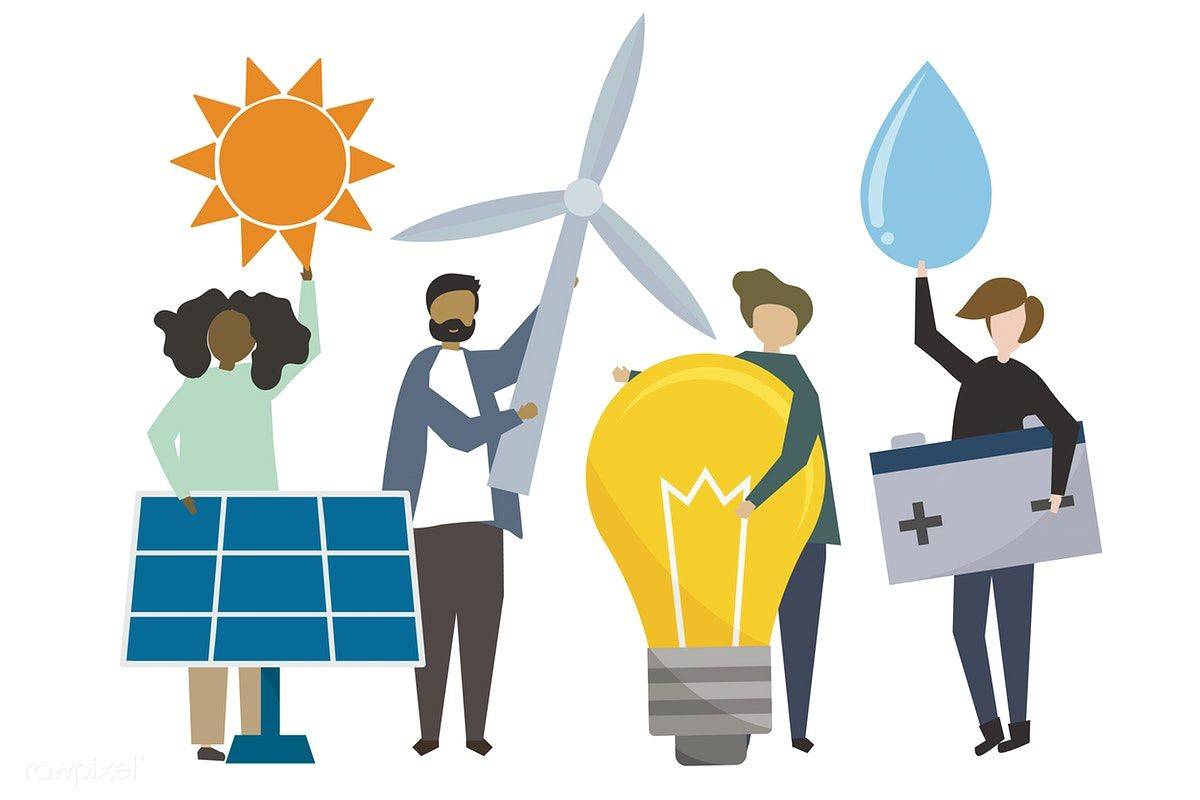Is Kenya Power Blocking Solar Use To Aid Its Ailing Business?

Barely a week after Kenya’s electricity distributor, Kenya Power, appeared to have raised alarm over a spike in the rate at which some of its biggest customers are switching to solar, it seems the plan is to now make solar harder.
As it is, the Energy and Petroleum Regulatory Authority (Epra) has proposed a raft of stringent rules that could stifle the mass switch to cheap solar power by ordinary Kenyans and heavy consumers that have left Kenya Power in financial difficulties.
If the new guidelines drafted by the energy regulator are implemented, one would need a bachelor’s degree or three courses in engineering to operate as a solar power technician.
It appears the Draft Energy (Solar Photovoltaic Systems) Regulations, 2020 seek to make it harder and more expensive to manufacture, import, install or maintain solar components and systems in Kenya, and consequently nudge consumers to only consider the national grid, which is known to be expensive and unreliable.
In its latest annual report, Kenya Power basically called out solar, implying that the increased switch to solar by some of the heavy-consuming industrialists in its customer base was jeopardising the finances of Kenya Power.
These heavy consumption industrial customers reportedly make up 54.8 percent of Kenya Power’s sales revenues and losing them as customers have dealt a blow to the utility company’s finances.
“The company operated in a challenging environment over the financial year under review, where demand growth at 3.7 percent remained below the projected level of five percent,” Kenya Power revealed in its latest annual report.
“The dampened demand growth is further compounded with the increased threats of grid defection by the industrial category as decentralised renewable energy options are becoming more available and cheaper,” the report reads.
Indeed, several companies, universities, and factories have turned to solar photovoltaic (PV) grid-tied systems to supply power for internal use to ensure reliable supply and reduced operational costs.
The likes of Africa Logistics Properties, Mombasa Airport, Icipe, London Distillers Ltd, Williamson Tea, Kapa Oil Refineries, Garden City Mall, Kenyatta University, and Strathmore University have all intensified efforts to adopt solar and wean themselves off of the problematic national grid.
The latest financial results showed that Kenya Power received KES 63 Bn (USD 572.3 Mn) from the industrial customers who bought 4,462 Gigawatt hours in the year to June 2019, representing 45 percent of its total revenue.
The company asserts that the reduced revenue was the result of the shift to solar by some of its biggest customers, and this put its already shaky revenues under further strain. At the moment, Kenya Power is having to deal with excess production of electricity, footing the bill for electricity it can’t sell.
According to BusinessDaily, power generation in Kenya crossed a record one billion kilowatt-hours in October, and this hasn’t been a good outcome for the distributor, which is already paying for huge volumes of idle electricity.
Oddly, stifling solar adoption seems to have become the go-to solution following the release of the newly-proposed rules by Epra.
Epra Director-General, Pavel Oimeke, claims that the objective of the suddenly increased regulation of the solar space is to ensure solar components and systems meet approved standards.
But the timing, just days after Kenya Power decried the solar switch, creates an air of doubt as the effort resembles a witch hunt targeted at discouraging solar use and propping up Kenya Power.
According to the regulations, a technician must obtain a license from the authority in order to design, install, commission, or repair a solar photovoltaic (PV) system. Also, a bachelor’s degree is a must for those who want to make a career out of installing solar grids.
There are also various fees that must be paid for licenses and compulsory insurance policies, and fines for delays in renewing licenses.
It’s a lot of red tapes that have suddenly been put up around the solar energy space which appears to be growing steadily. In Kenya, 19.3 percent of homes use solar lighting and solar use trumps national grid connections in rural areas.
Featured Image Courtesy: Pinterest